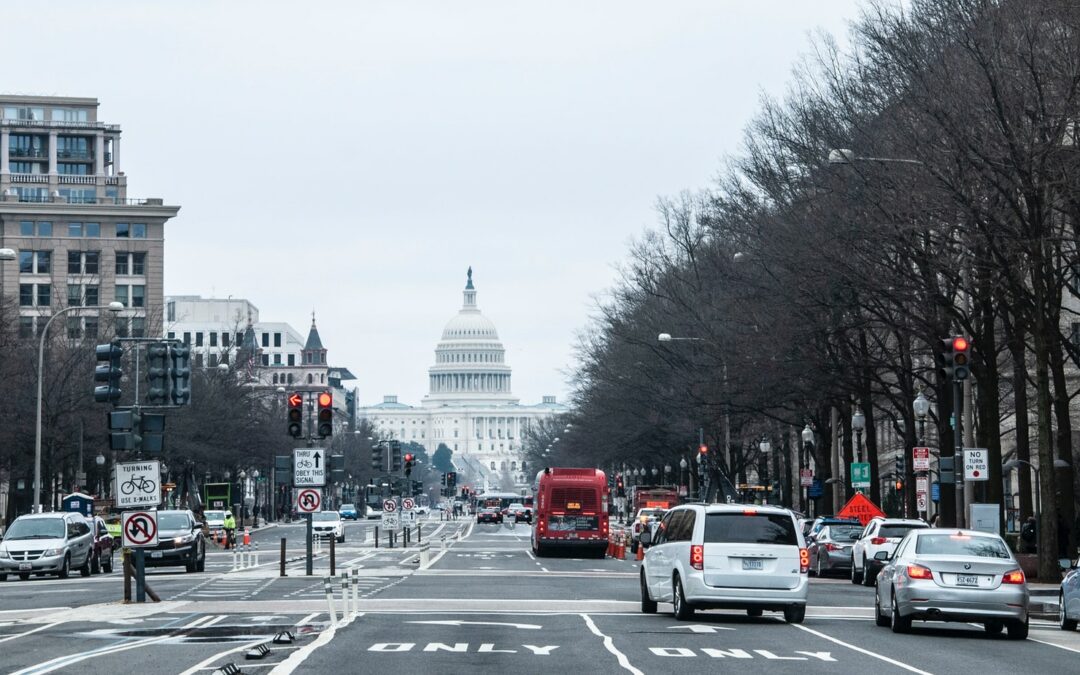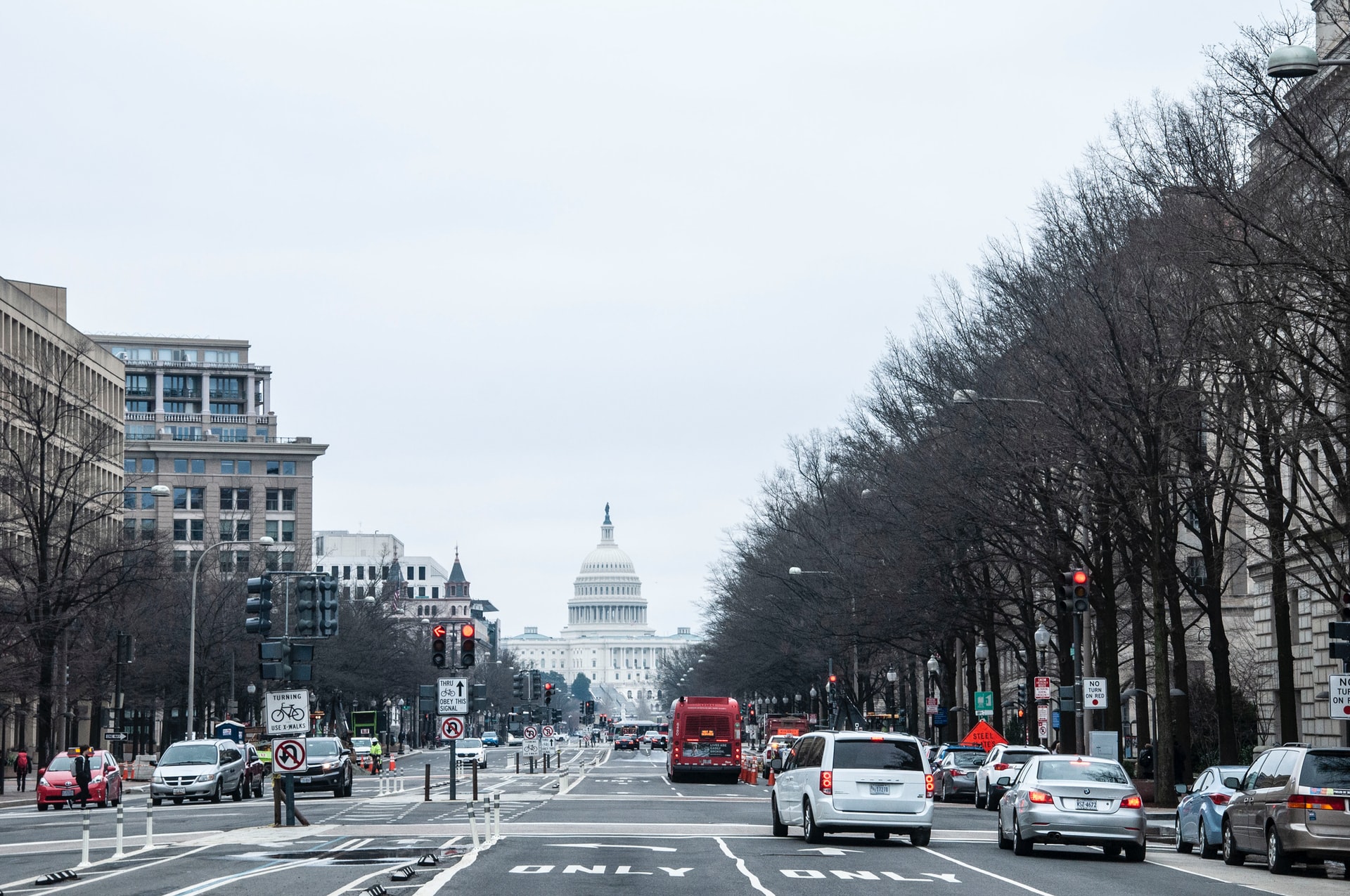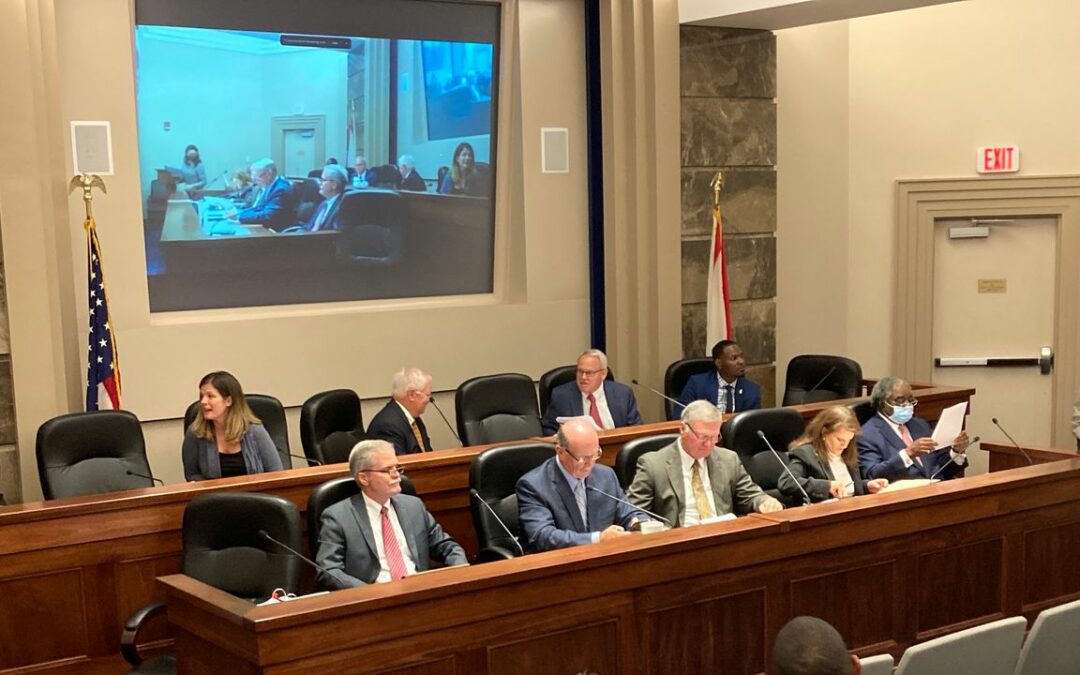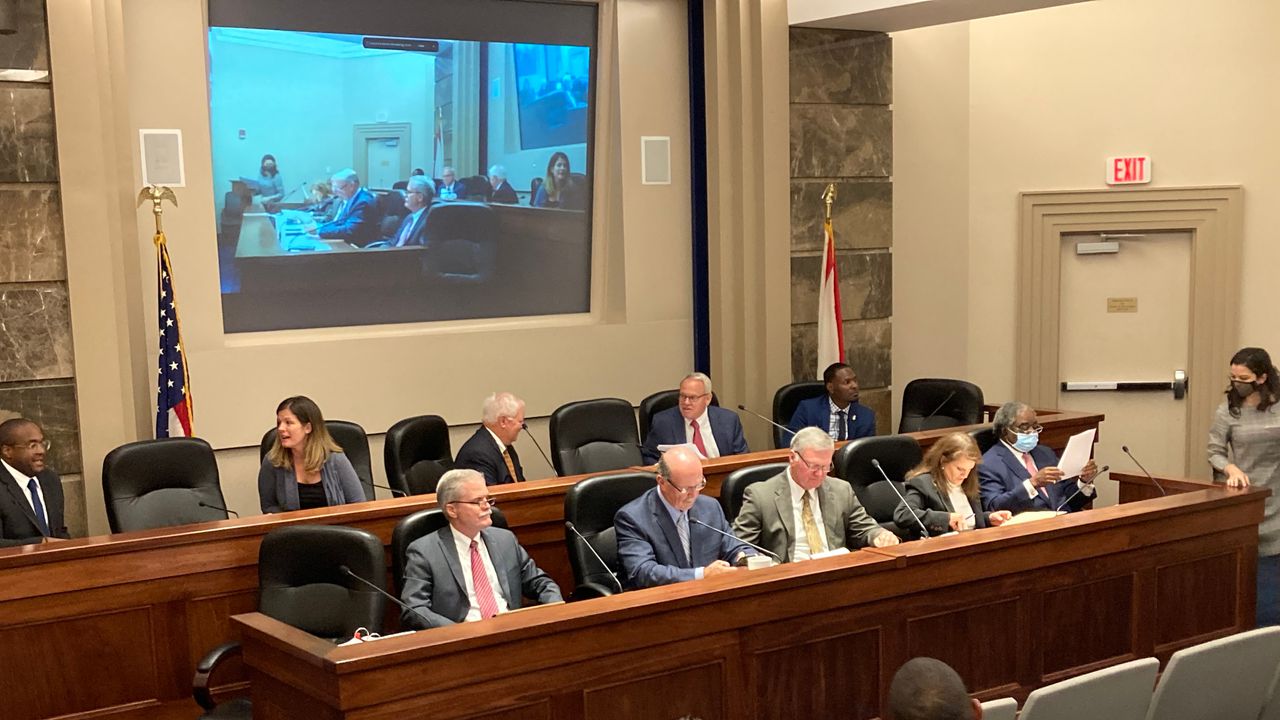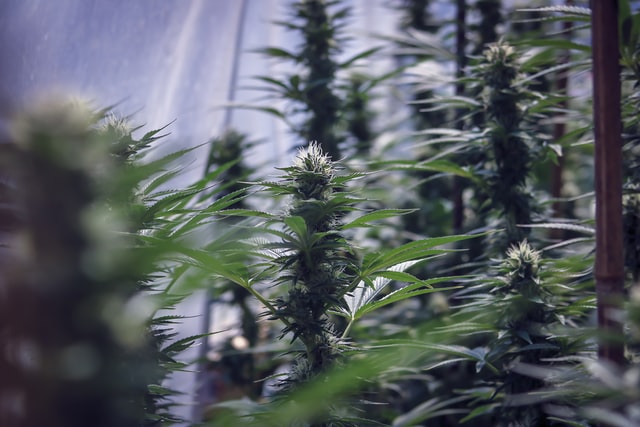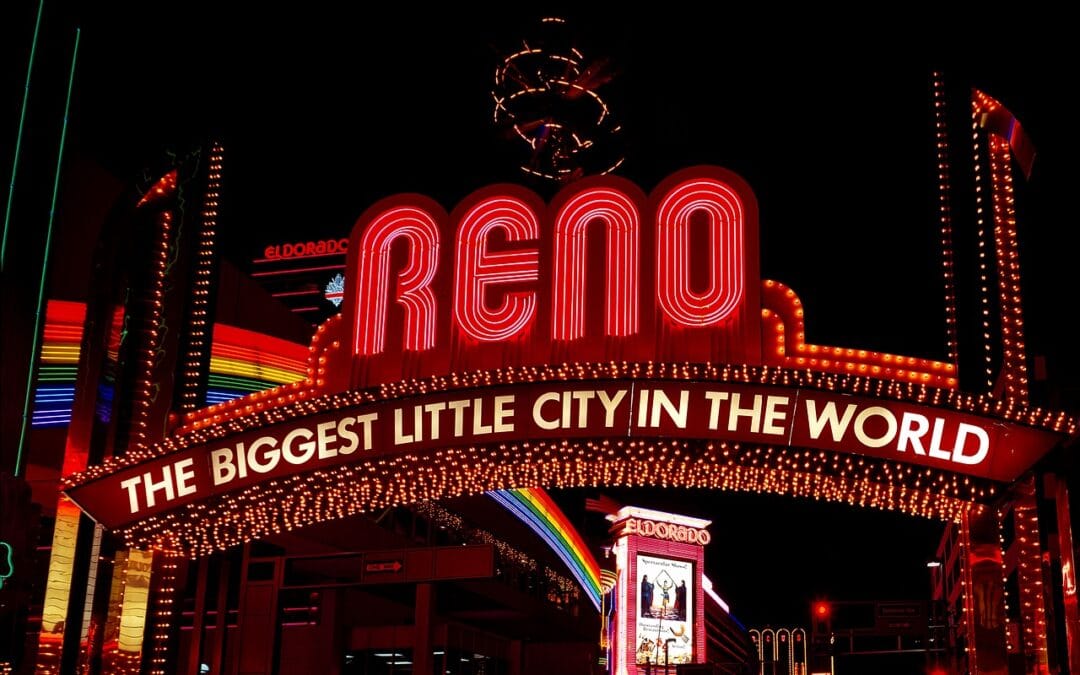Washington DC Marijuana Laws
Washington DC legalized cannabis nearly seven years ago in February 2015. While the legislature legalized everything necessary to begin the process of opening up a retail cannabis industry, there was one major roadblock.
Rep. Andy Harris, a Republican, included a rider in the bill that including language preventing DC from implementing any sort of recreational cannabis industry, by not permitting district funds to be used for the process. In other words, Washington DC is unable to have a recreational cannabis industry because they are currently not allowed to fund a regulatory commission, establish licensing processes and design a regulated industry framework.
So while Washington DC marijuana laws resemble that of every other state that has legalized cannabis, there is still no legal industry. With all that said, finding weed in DC is relatively easy these days thanks to a thriving grey market.
The law in DC permits any one person to give any cannabis they have or have grown to any other person as long as they do not charge for it, as selling cannabis is currently illegal under the rider. This has led to the creation of a gift/donation system that has helped bloom a massive underground industry in DC.
This can work in various ways; from “donating” $40 for a T-shirt in a hydroponic store and being “gifted” a few grams of cannabis, to full-blown delivery services where you donate for a single sticker (that happens to cost about $200) in exchange for a gift box with cannabis flower, edibles and cartridges. Unfortunately for the consumer, this market is still completely unregulated since it is being done through a loophole in the bill’s language.
Consumers constantly run the risk of over paying for low quality cannabis from a shady shop or service, and there are so many different delivery services, finding one that doesn’t rip you off can be a real challenge. But that could be changing thanks to a new adjustment to the Senate budget proposal for 2022.


